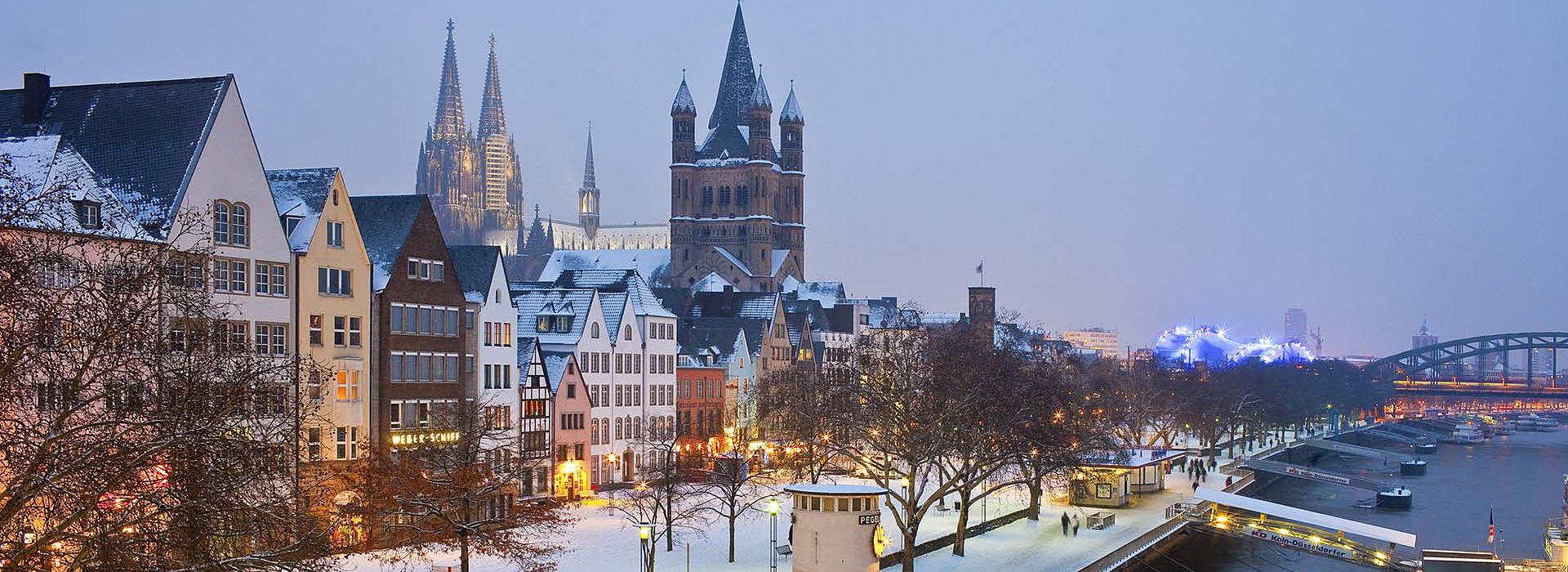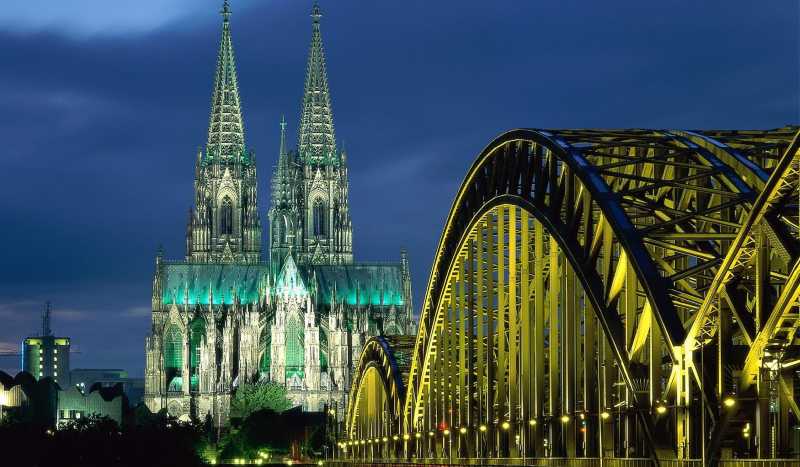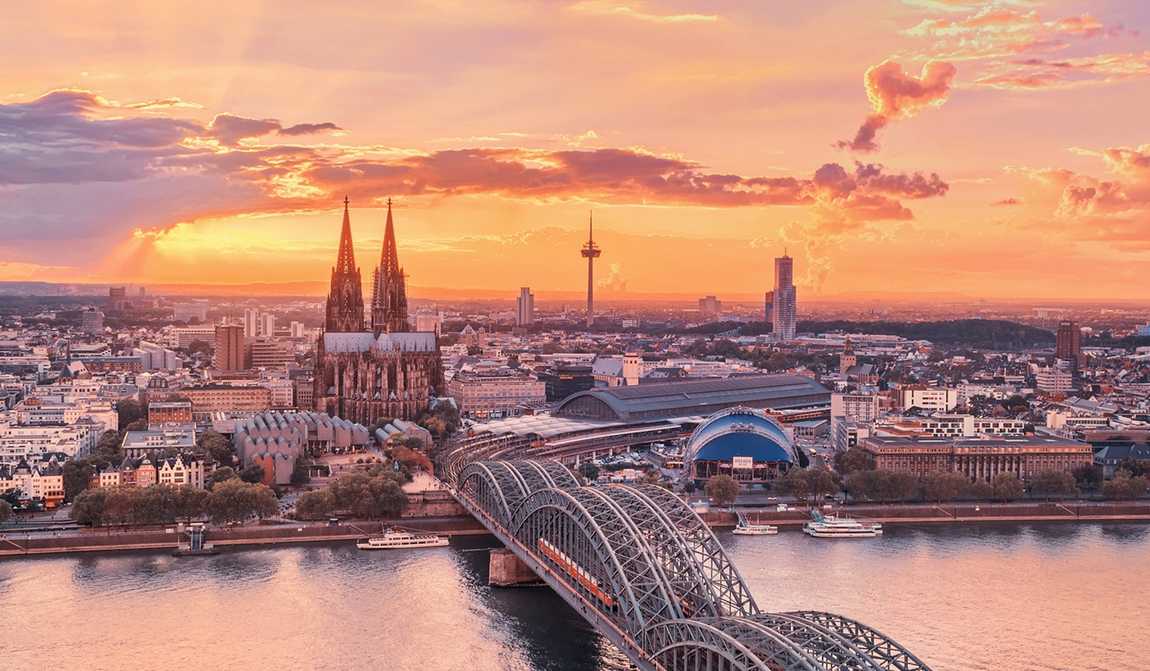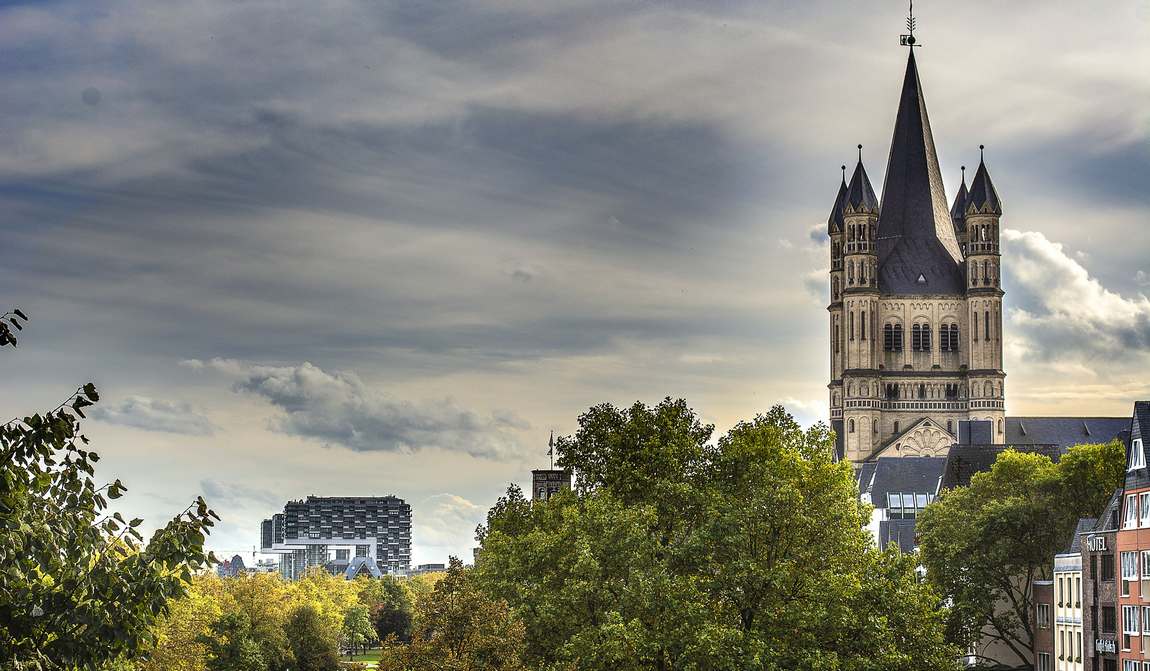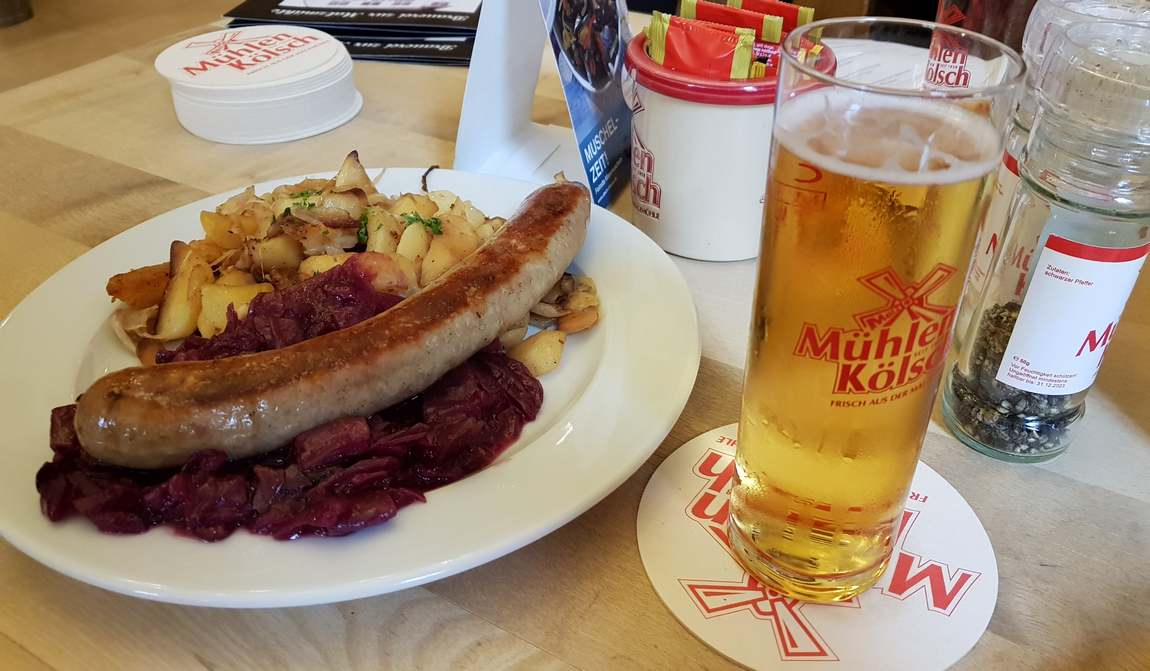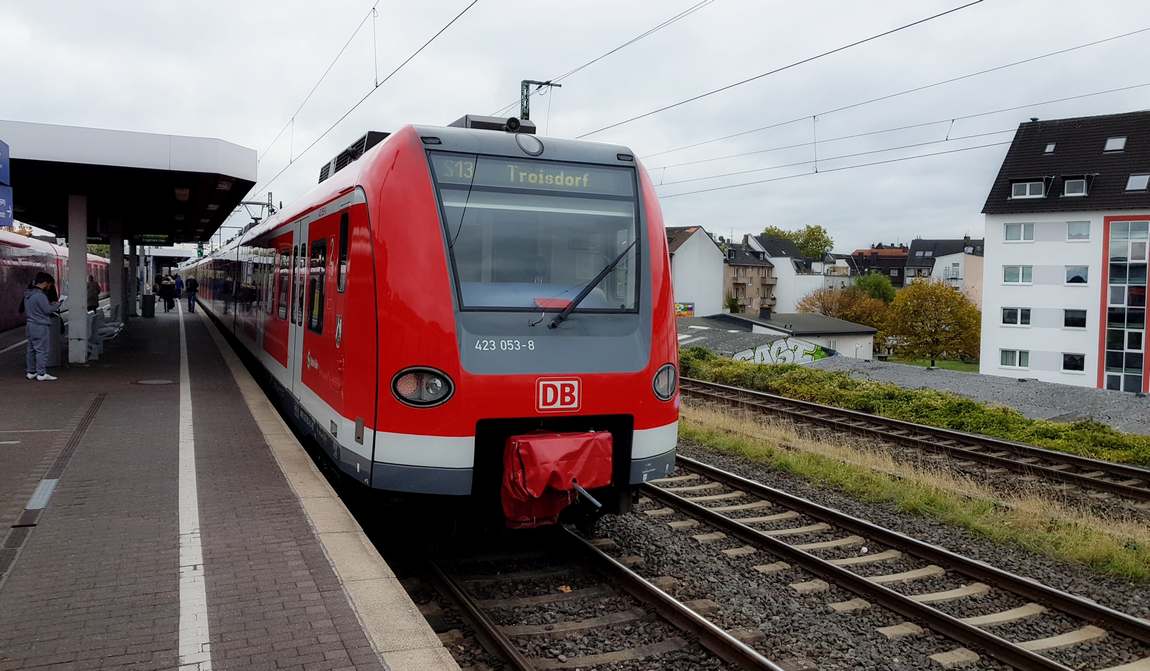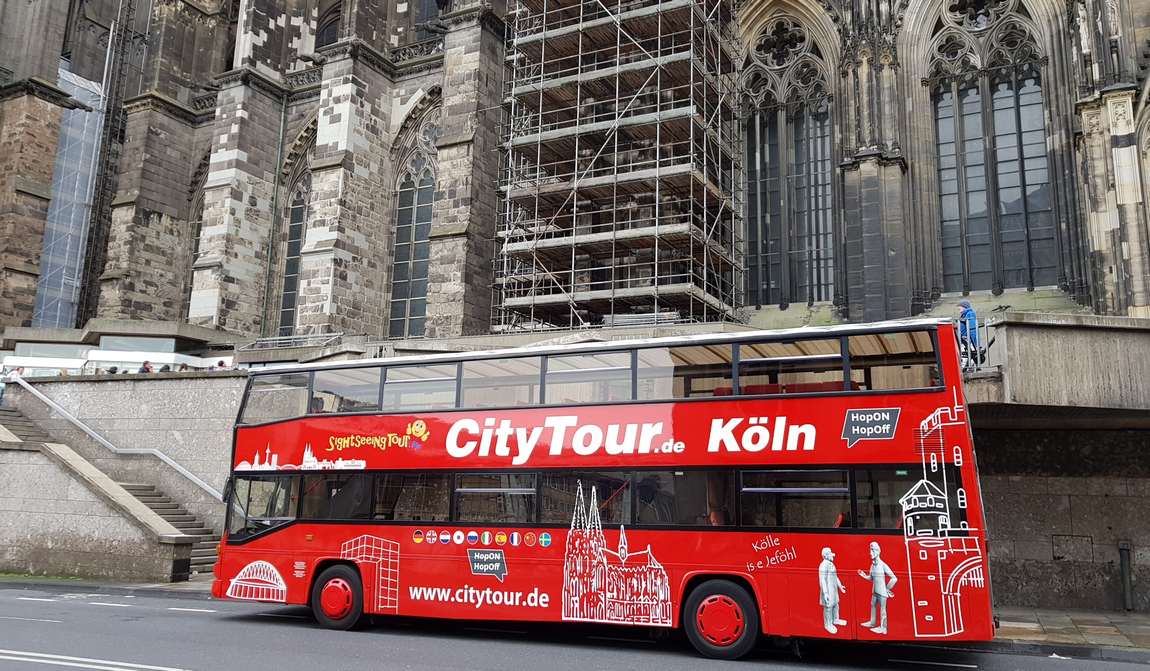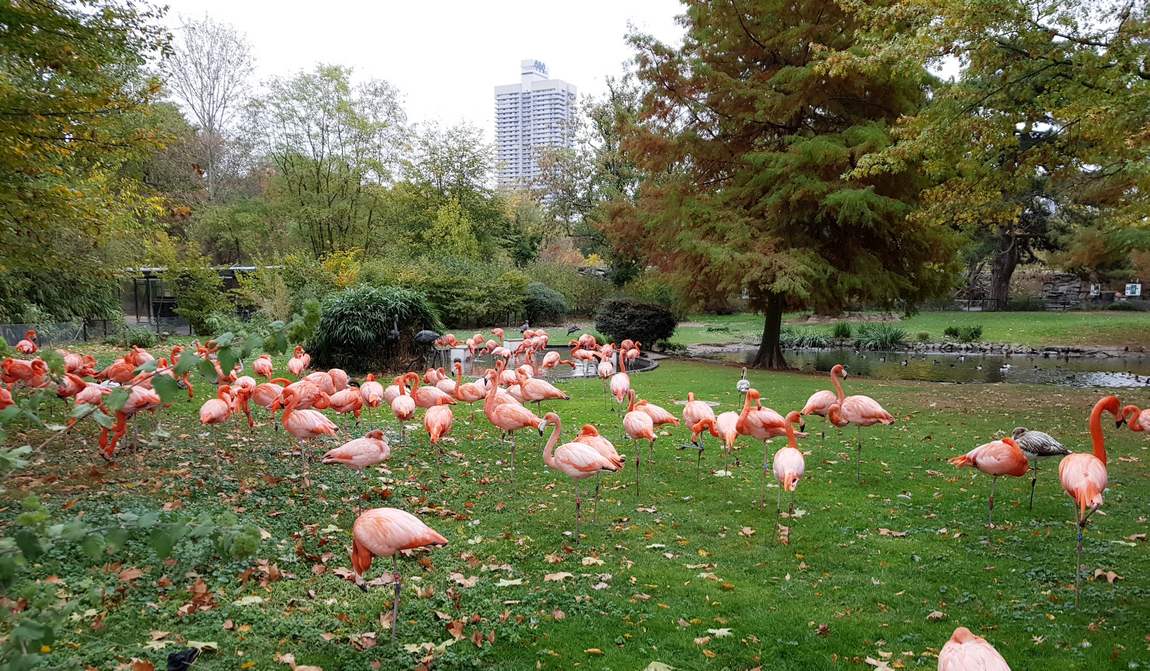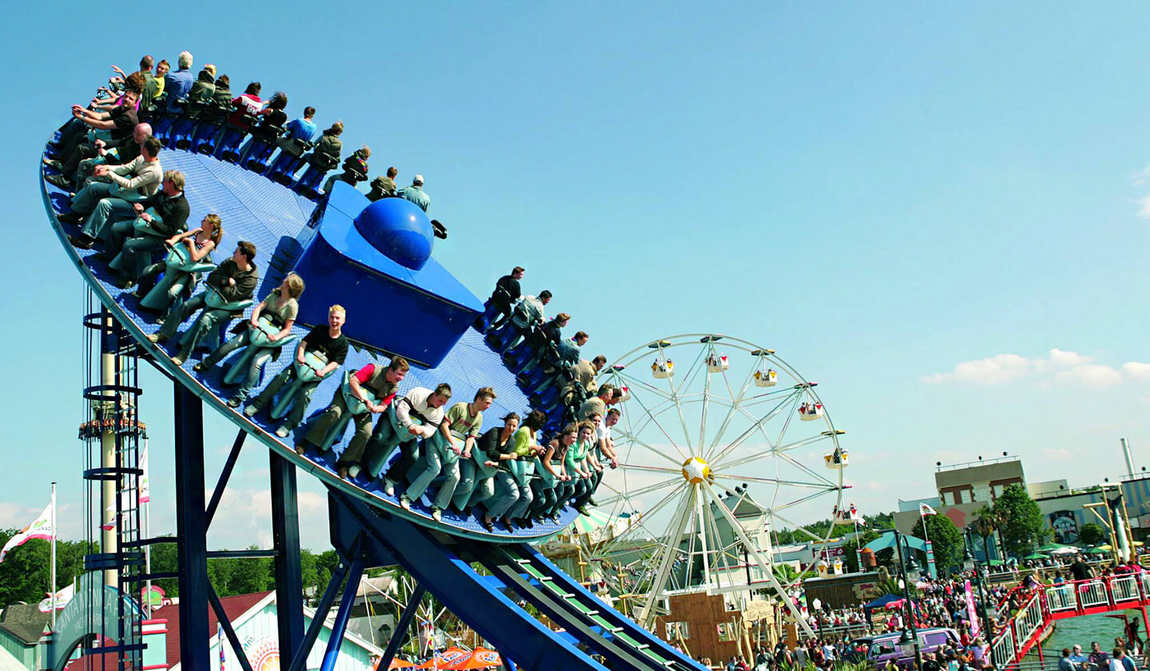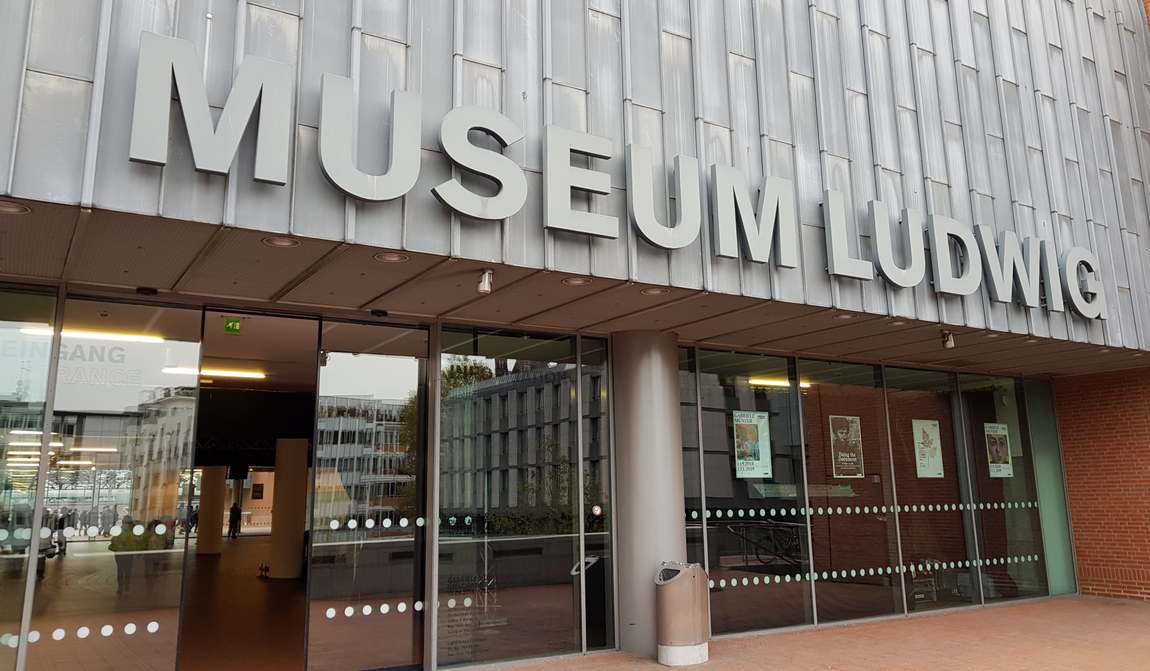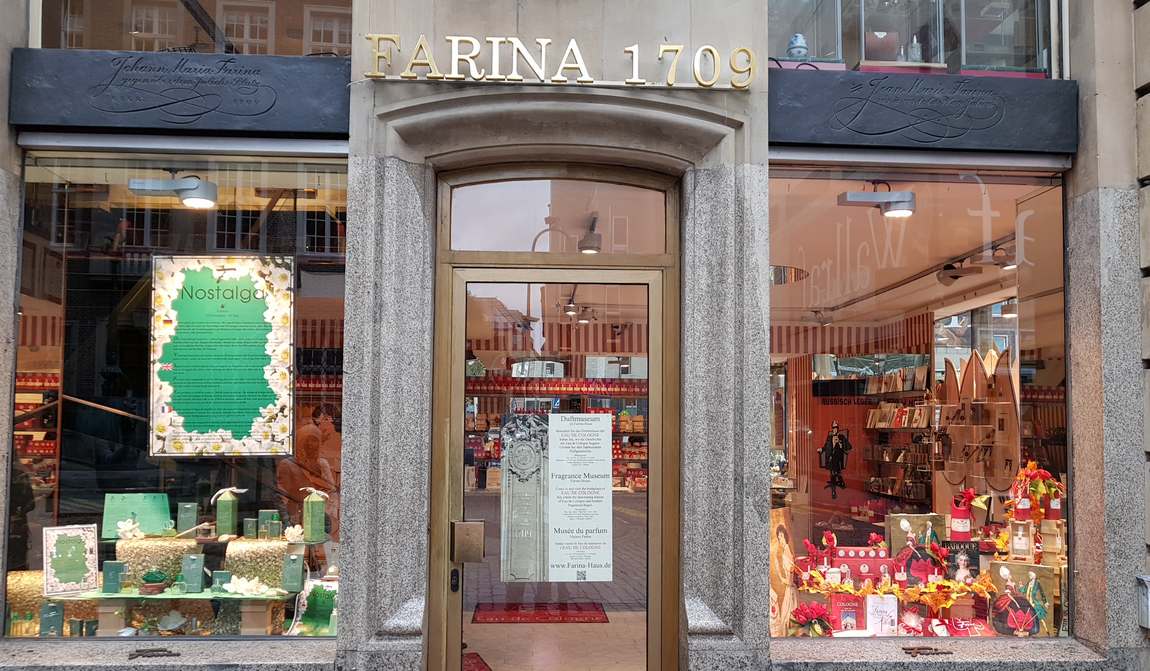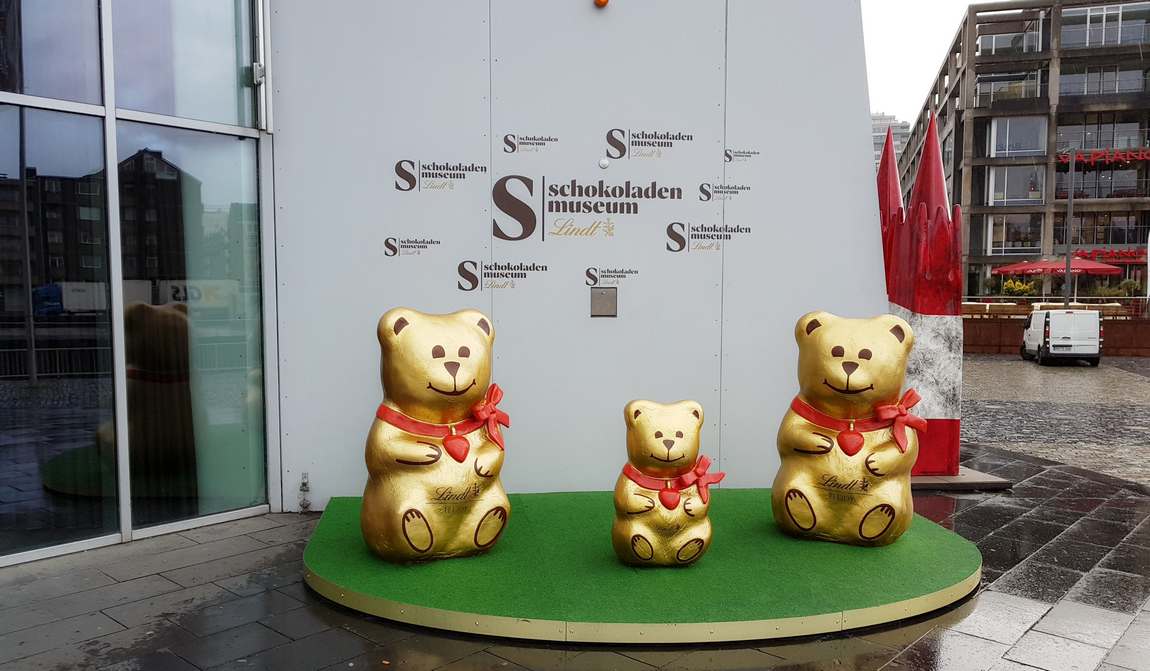Cologne is one of Germany's oldest, largest and most interesting cities. Architecture lovers will be enchanted by its Romanesque cathedrals, art lovers by its collection of paintings and sculptures, gourmets by its extensive knowledge of German cuisine and children by the magic of its Christmas markets. A family holiday in Cologne may be different, but it won't be boring.
How do you choose when to go and what to see on a family holiday in Cologne? Useful information about the city's climate, sights and attractions can be found in our overview.
Cologne on the map of Germany
The city of Cologne is located in the western part of Germany, in the federal state of North Rhine-Westphalia (the administrative centre is Düsseldorf). Cologne is 585 km from Berlin, 44 km from Düsseldorf and 190 km from Frankfurt.
Thousands of years ago, the banks of the Rhine were inhabited by the Celts — the archaeological finds in the Roman-German Museum in Cologne vividly illustrate this page of history. In 38 BC, the military leader Marcus Vipsanius Agrippa founded the military settlement of Ubiorum.
Less than 100 years later, Ubiorum became a colony of the Roman Empire, thanks to the efforts of Agrippina, the wife of Emperor Claudius and a native of Ubiorum. Initially known by the long name 'Colonia Claudius and the Altar of Agrippina', by the Middle Ages the shortened version 'Colonia', or 'Cologne' in the local language, had come into use.
After the Second World War, Cologne was a smoking ruin — only Cologne Cathedral survived in the old town. The entire historic area has been painstakingly restored, and today the town hall, the towers of the medieval fortifications and St Martin's Church look as if they've been standing in their place for hundreds of years.
Cologne for Kids
If you're prepared to swap the sea and the beach for a stroll through the old town, a holiday in Cologne will be a real treat. Two thousand years from a small military camp to a modern city of millions have left their mark — the Roman praetorium, the towers of the medieval fortress, the Romanesque churches, the graceful and powerful Cologne Cathedral.

A journey through space becomes a journey through time, and from the street you can step into a Roman palace.
Cologne is an interesting place to visit with children, simply because history is not a collection of dry facts and dates. The city, with all its antiquities, is very much alive and can be experienced with all the senses. And even the museum exhibitions often appeal to emotions rather than logic.
Cologne also offers many unexpected attractions for children. For example, you can turn into a Neanderthal, play in the water at the Bubenheimer Spieleland park and walk with the dinosaurs at the Odysseum (for more fascinating things to do, see the What to do and Amusement sections).
Cologne's hotels are unpretentious: whatever their glamour, they offer comfort to their guests. To have a good time with your child, you don't need to look for a family hotel (there are none in the city), as you'll spend most of your time walking and exploring. Only families with an infant should pay more attention to what services a hotel offers.
Best time to travel
Cologne's tourist season has no fixed boundaries: the ancient city is interesting at any time of year. But summer is the peak time for tourists, during the school holidays. There are crowds of travellers at every sight, and you have to queue to get into one of the popular museums.
Summer is not a good time to go on holiday with children, partly because the weather is often rainy. Of course, this is not an obstacle for a museum visit, but the rain will put a stop to a visit to the zoo or a ride on the children's train. The chances of clear weather increase in August.
The reason to visit in summer is the Cologne Lights Festival in July, which features a theatrical musical performance, a procession of ships and fireworks.
A great time to visit Cologne is early autumn. September is usually cool but sunny, most of the tourists are gone, and you can stroll around the city enjoying the views and the surprisingly good street food. Autumn is also the best time to visit Cologne with an infant, as the hotels are quiet.

The weather turns nasty in November, but in the meantime tourists flock to Cologne for the carnival. It starts on 11 November and lasts for almost three months. The main events take place in November, the opening day of the carnival, and in February, before the carnival season ends.
In December, the city prepares for Christmas. There's a noisy, fun fair with carousels, baked apples and gingerbread for the children. The main Christmas market is in front of Cologne Cathedral, but there are also magical decorations near the Town Hall, Neumarkt and Rudolfplatz. Before you decide on the best time to visit Cologne, it's a good idea to find out more about the city's climate.
Weather and climate
Cologne's temperate climate is ideal for sightseeing. Summer is usually warm, but not too hot, and winter temperatures are usually above freezing. Cologne has a long wait for warmth in spring, but in autumn the weather lasts until November.
Rain is a frequent visitor to Cologne, with most rainy days in late spring and summer. An umbrella in your luggage is a must, but chances are that the weather will be sunny during your holiday.
If you want to pack less warm clothing, plan your Cologne holiday for May. The average daytime temperature during the month is +18°C, sometimes a little cooler, and the temperature can drop to +8-10°C at night.
In summer, the thermometer readings vary between +15°C and +30°C. The average temperature is between +20 and +23°C. The average temperature is between +20 and 23°C. A jacket is definitely a good idea as it can get down to +10°C at night.
The weather in September is usually clear, but temperatures can vary greatly from year to year. Sometimes it's summer for a whole month, but sometimes it gets as cold as +15°C in early September and the heat never returns.
In October the temperature drops to +10-14°C, in November to +8°C and from December to February the thermometer shows +4-6°C during the day and +1-3°C at night. You can't count on snow, but the skies do occasionally frown and rain down on the city. January and February are the wettest months.
In March, the air gets as warm as +10°C, while in April it can reach 14-15°C. The weather is unpleasant, but with less rain than in summer and winter.
What is the best time to go on holiday to Cologne with children? If you only take the weather into account, the first half of autumn is a good time for a family holiday. However, you should also bring clothes for both the heat and the colder weather down to +10°C.
Food

Cologne's gastronomy is diverse and delicious. There are German, Central European and Oriental restaurants, pizzerias, traditional sausage stands, numerous cafés and pastry shops.
Street food, so popular in Germany, is not limited to sausages for the people of Cologne. Here, as in Düsseldorf, you can enjoy a Halve Hahn sandwich with rye bread, Gouda cheese, pickles and mustard.
Also on the streets of Cologne you can enjoy potato pancakes Reibekuchen with... apple sauce. Children may enjoy roasted chestnuts, which are prepared on the street in a roasting station. Adults should try the Kölsch beer. The light, pale beer is served in 0.2-litre, sometimes 0.1-litre, thin-walled stein glasses.
Getting Around

The city's main attractions are easily accessible on foot, and for longer journeys, Cologne's public transport system is convenient and punctual. The city is served by the U-Bahn (or metrotram as the locals call it), the S-Bahn and buses.
Public transport starts early in the morning and runs until midnight, with some night services. There's no need to look for a timetable: all the stops have electronic signs showing when the next train or bus will arrive.
There is a single ticket for all public transport in Cologne. You can buy tickets for a short trip for €2.1 or single tickets for €2.60 — €4.2 (depending on the zone), but it is cheaper to buy a day ticket (€6.30 — €10.10 for a single person or €11.60 — €19.10 for a group of up to five people) or a weekly ticket (€22 — €38.10).
Children under the age of 5 travel free on public transport, and children aged 6-14 pay almost half the adult fare.
In Cologne, tickets differ not only in their validity, but also in the areas they can be used. Zone 1 is Cologne itself, 2 is the immediate suburbs, 3 and 4 are towns within the municipality, 5 is towns in neighbouring municipalities (e.g. Düsseldorf).
The KölnCard is recommended for free public transport and discounts at many popular museums, restaurants and shops.
The card is available at the KölnTourismus tourist information office, at the airport and in all hotels in Cologne, but can only be used with an identity card. The card is valid for 24 hours and costs €9 or €18 for 48 hours. A card for a group of 5 people for 24 or 48 hours costs €19 or €38.
Travelling around Cologne by taxi can be more economical than taking the bus or underground if you are travelling in a large group. The cost per kilometre is €2.20, with a base fee of €4.50.
The most inconvenient way to get around Cologne is by car. Traffic in the city is heavy, there are not enough parking spaces and only residents are allowed to enter the city centre. A good way to get around is by bike.
Next to the train station is Radstation, which rents out bikes for adults and children for around €15 a day. There is even a special excursion route for cyclists.
 [email protected]
[email protected]


